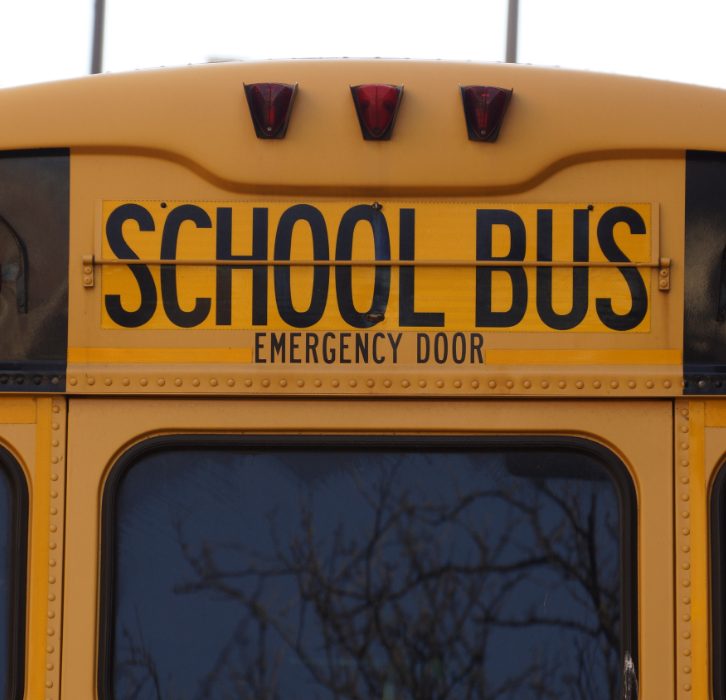Dear educator,
In my first letter, I shared some things I didn’t know about kids with trauma. In this installment, I would like to share what some of what I have learned.
Kids with trauma are just trying to survive
Because his brain has been changed by trauma and he feels his very life might depend on it, my child seeks to control every situation. His nervous system is in a constant state of fight-flight-freeze, ready for a tiger to pounce at any moment. He will not be able to learn or comply with any directive until he feels safe and gets his body and brain calm and regulated – both in my home and in your classroom.
When you write his name on the board, call him out on behaviors, yell at him, or give him expectations that he is not ready for emotionally or academically, he will feel intense levels of fear. That fear will build up all day until you see negative behaviors at school or I see negative behaviors the moment he gets off the bus and walks into our home.
There are days that he is terrified to come to school. Punishing him is not the solution. There is a better way.
Kids with trauma need relationships built on trust
My child is hyper-sensitive to criticism and believes that he is unworthy of belonging. If you don’t like him or don’t trust him, he will live up to that expectation, and if he doesn’t trust you, he will act out in maladaptive ways. On the other hand, if you get to know him as an individual, you will find that he is an amazing, sweet, and talented child with a lot of wonderful qualities.
He needs role models and trusted adults like you to come alongside him to help build up his feelings of self-efficacy and trust. My child wants to be part of a team, and he needs good leaders to show him the way. He needs you to see the good in him and build on that.
Kids with trauma need to learn emotional and social skills
If he has a hard time with transitions, low frustration tolerance, or gives up too easily, please don’t blame or shame him. If he seems too loud, too bossy, or gets angry and explosive at times, please don’t rush to scold or punish him. His sensory system is often on overload; he’s not doing it on purpose. He needs help learning him how to deal with situations that are too much for him to handle, instead of expecting him to behave appropriately at all times. He will do the best he can, when he can. If he’s not doing well, it’s because he can’t.
Please be patient and have faith as he grows in all of these skills, because right now he feels like he is never going to be the “good kid” he knows that we all want him to be. I can teach him the skills he needs to live in a family. We need you to teach him the skills he needs for school.
Kids with trauma need patience and flexibility
He might not be able to complete his homework because he might have just had a 3-hour meltdown over dinner. What I served triggered a traumatic memory from his foster home.
He might be able to do a math problem in your classroom today but completely forget how to do it tomorrow because of a panic attack about a bully on the playground.
He might not be able to do a “family tree” project because he never met his birth father and he doesn’t have any baby pictures. 
I’m not making excuses for him. There are times that he is so anxious that he curls up in a ball or screams. You might think of him as a challenging child to teach, but we need you to know that it is hard for him just to get through the day – harder than anyone can possibly imagine.
Don’t let his smiles and angel-like behavior fool you. He is absolutely terrified of failure and rejection, and he’s exhausted from trying to live up to everyone’s expectations. He has good days and not-so-good days.
Please be patient, kind, and flexible while he is still healing from trauma.
Kids with trauma do NOT need sticker charts, behavior charts, rewards, and consequences
This is a big one. You may already have a beautiful laminated chart ready to hang up on your wall with your classroom rules, rewards, and consequences. Or you might have a stoplight system, or another plan based on a behaviorist approach to incentivizing good behavior.
Please consider throwing out these punitive systems and instead be open to a trauma-informed discipline plan for your classroom. Trauma-informed plans use relationship and communication as the currency instead of punishments and token rewards.
Remember. It’s not that my child won’t behave or doesn’t have the motivation. It’s that when his nervous system is dysregulated, he can’t. Besides, even your non-traumatized students will benefit from a trauma-informed approach to classroom management. Despite what you and I learned in teacher college and the fact that 99% of all school discipline systems are based on rewards and consequences, current research supports relationship-based models based on solving problems collaboratively rather than resorting to punitive, rule-based systems.
It’s a school, not a prison.
My child needs to learn how to solve problems effectively, not just to comply. You, as his teacher, can help. Next week, I’ll share some more ideas on how.



